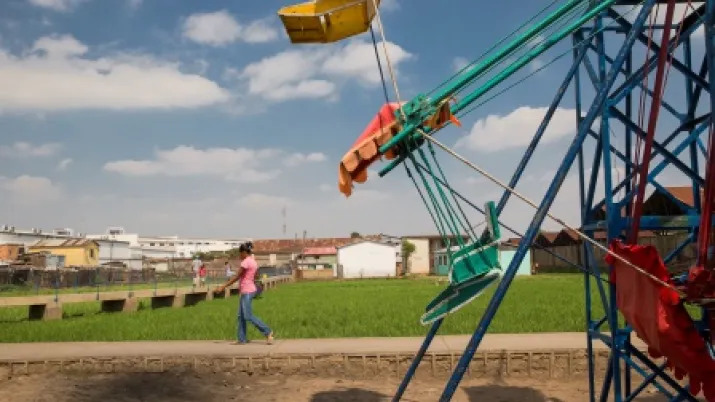Share the page
Madagascar
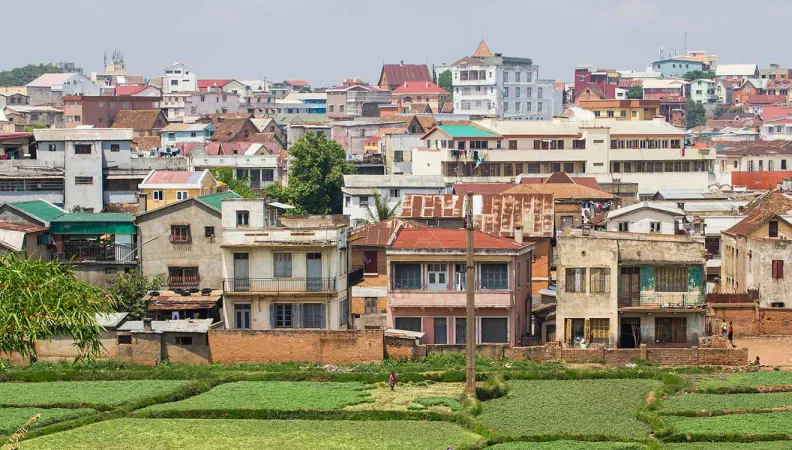
A continent-island rich in unique biodiversity and potential, Madagascar is today one of the poorest countries in the world. Since 1952, AFD has been committed to supporting sustainable development that benefits the most vulnerable populations and promotes more resilient territories. To this end, it works with a wide range of actors—public authorities, civil society organizations, businesses, and local governments—particularly in efforts to combat poverty, protect the environment, improve access to rights, and stimulate economic activity.
Context
With a population of 32 million and a land area of nearly 590,000 km², Madagascar is one of the largest islands in the world. Located in the southwest Indian Ocean and separated from mainland Africa by the Mozambique Channel, it is also one of the world’s poorest countries, with over 80% of the population living on less than $2 per day.
Madagascar boasts an extraordinarily rich environment, with over 80% of its plant and animal species found nowhere else on Earth. Yet it is also one of the ecosystems most vulnerable to climate change, environmental risks, and natural disasters.
The country has experienced prolonged political instability, with repeated crises hindering development—particularly in infrastructure and public services. Nonetheless, Madagascar has strong potential in several high-value-added sectors such as agribusiness, textiles, new technologies, tourism, and handicrafts.
Present in Madagascar for over 70 years, AFD supports sustainable development for the benefit of the most vulnerable populations and more resilient territories. Working in close partnership with public authorities, local governments, civil society, and the private sector, it helps drive key development priorities: fighting poverty, protecting the environment, strengthening infrastructure, and expanding access to essential services.
AFD's Madagascar office reports to the Indian Ocean Regional Directorate.
Our approach
"AFD and Madagascar: Developing the island’s economic potential and preserving the environment "
For over 10 years, AFD has supported Madagascar in promoting a sustainable urban model that addresses climate, environmental, socio-economic, and heritage conservation challenges.
In partnership with local governments, AFD has financed five flagship projects across seven urban centers, aimed at improving living conditions and urban productivity.
Its interventions focus on the core functions of cities: ensuring widespread access to essential services (water, sanitation, lighting, waste management), promoting urban mobility, and supporting local economic activities.
This holistic approach aims to ensure real territorial cohesion. In cities such as Tamatave, Antananarivo, Majunga, Diego, and Fianarantsoa, more than one million residents are now enjoying improved living conditions.
Supporting sustainable agriculture, conservation of natural resources and resilience to climate change are priorities in Madagascar and the region. The aim is to reconcile these challenges with economic development.
By 2025, some 15 projects are underway in this sector, representing around €95 million of investment and benefiting 120,000 people. These projects follow an integrated approach reconciling sustainable agriculture and environmental protection. They promote institutions conducive to productive, ecological and territorial transitions, while supporting small-scale producers in the use of agro-ecological techniques, sustainable water management processes and the valorization of their land.
In parallel, France, via the AFD, has been supporting biodiversity conservation and sustainable management of protected areas since 2006, by creating development opportunities around these areas. In particular, it was one of the first contributors to the FAPBM (Fondation pour les Aires Protégées et la Biodiversité de Madagascar), a trust fund ensuring the long-term financing of protected areas. To date, 160,000 hectares have been conserved.
AFD has been supporting general education in Madagascar for over 20 years.
Its action has notably made it possible to: widen children's access to education (construction of hundreds of classrooms), improve the quality of education (teacher training) and strengthen the transversal functions of the education system (planning, HR management, finance, etc.). AFD is currently leading the implementation of an innovative multi-donor mechanism: the Fonds Commun de l'Education (FCE).
AFD has also been making a major contribution to vocational training since 2011, by supporting the development of diversified training offers tailored to the needs of the economy and the job market. This support is aimed in particular at fostering the employability of young people, and focuses on the implementation of the National Employment and Vocational Training Policy (PNEFP).
Since 2016, AFD's mission has been to promote efficient and transparent institutions, committed to guaranteeing the rule of law and improving public services. AFD's priority is to support governance in sovereign areas via 4 flagship projects: justice (PAJMA project), penitentiary administration (FANARENANA), public finance (PARCC) and migration and diaspora (TADY).
By way of example, the PAJMA and FANARENANA programs have enabled over 10,000 prisoners to benefit from improved conditions of detention, and 800 prison staff to see their working conditions improved.
AFD supports urban governance and decentralization by working to build the capacities of communes and give institutions greater autonomy in the management of urban projects. It also supports the modernization of institutions, integrating digital innovation and promoting social inclusion, notably gender equality.
In the field
Below, find the country's projects, news, publications, and contact details in one click.
Projects
News & Press Releases
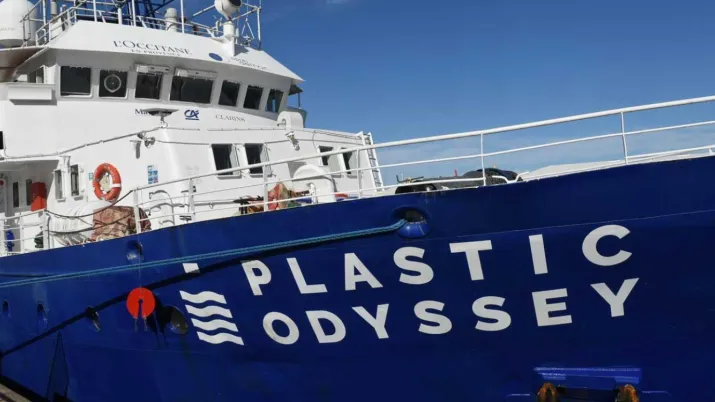
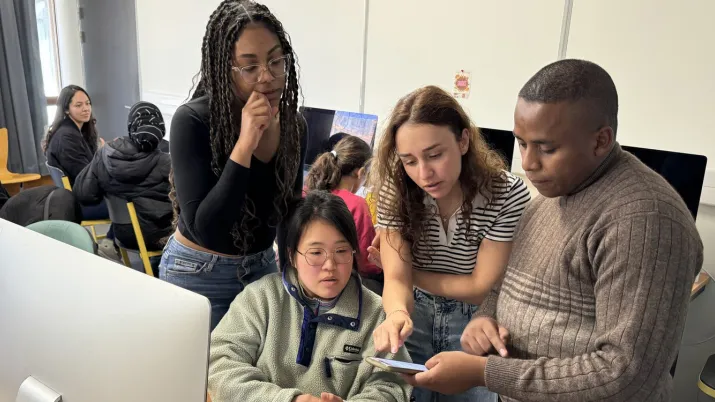
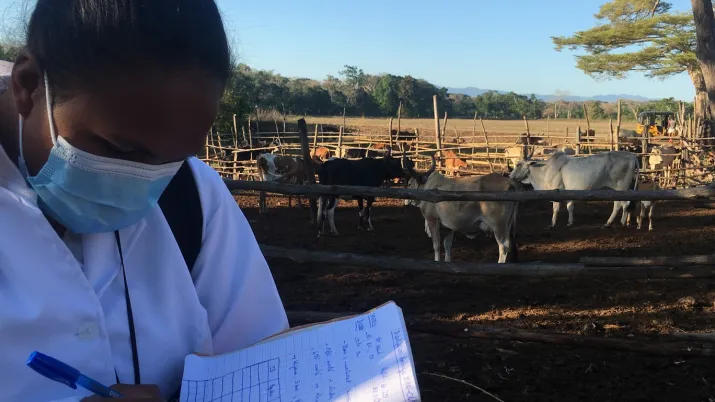
Publications & Media
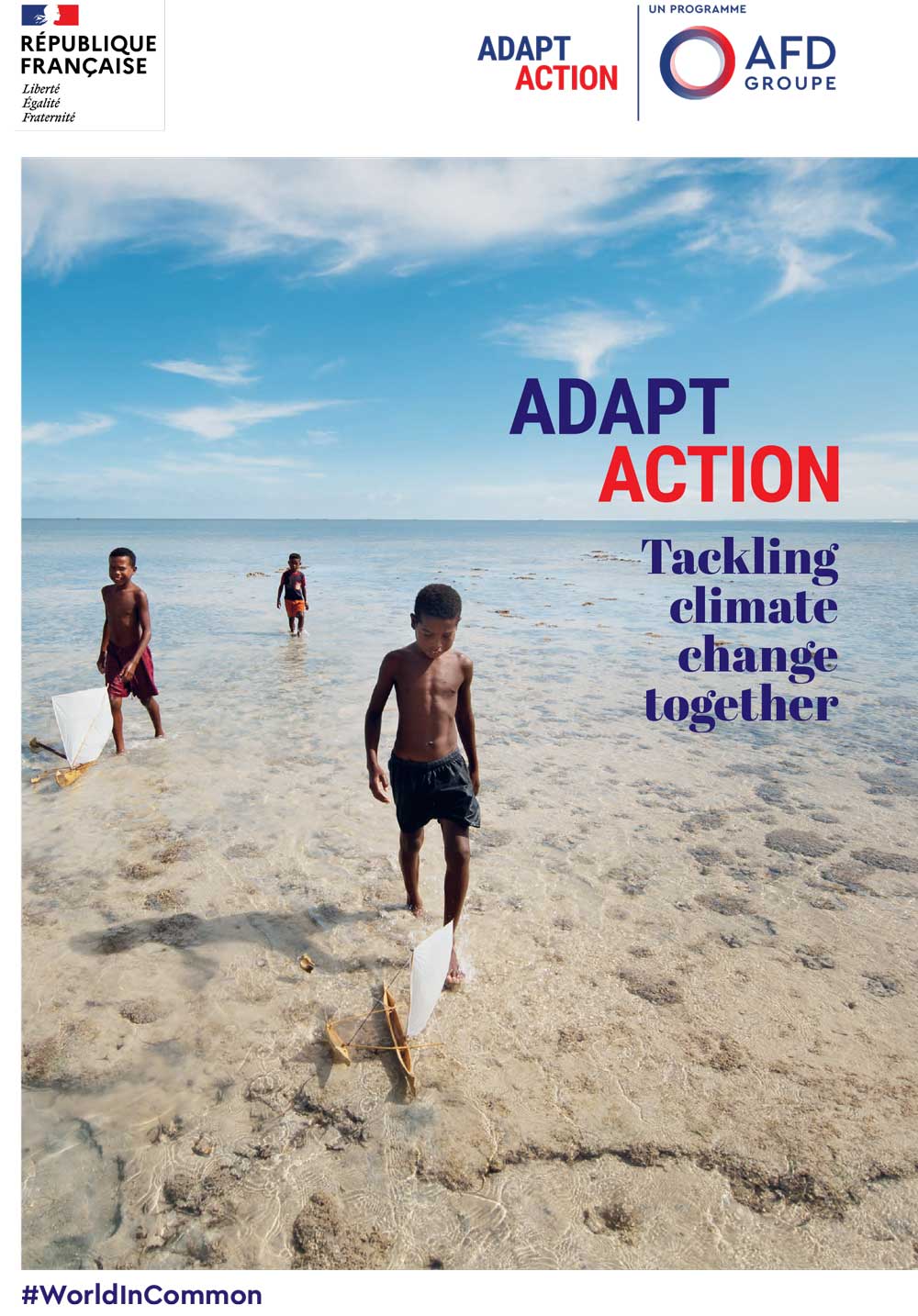
Key figures
-
150 projects financed in 15 years
-
520 million euros committed in progress
-
67 projects underway by Madagascan and French NGOs via the “Initiative OSC” scheme

